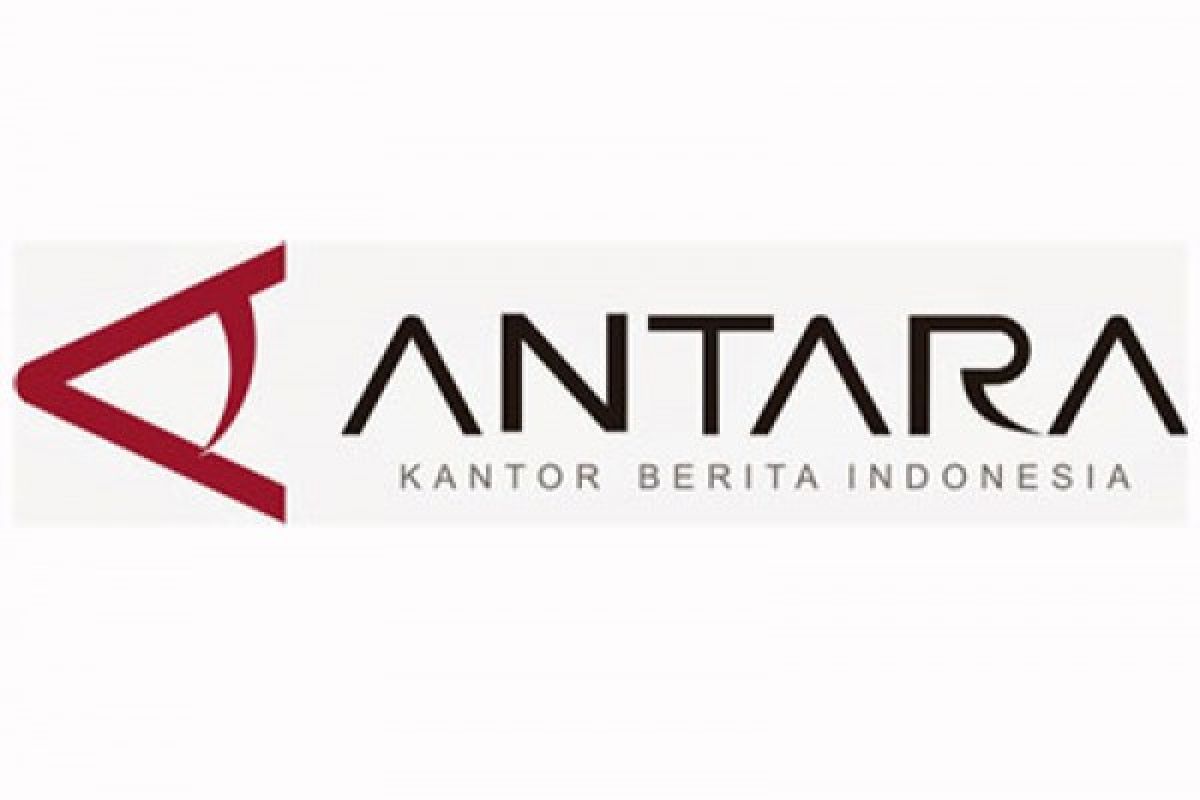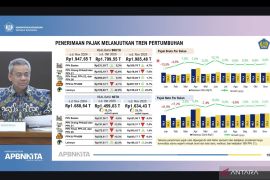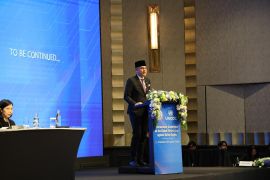"The government should revise restrictive regulations and remove non-tariff barriers. In addition to import policies, the government should also give the opportunity to other parties to import food commodities, in order to avoid monopoly," CIPS Head of Research, Hezekiah Respatiadi, stated here on Thursday.
According to him, restrictions on imports, mainly related to horticultural products, animals, and their derivatives, are considered ineffective to lower prices in the market.
He argued that the government should be able to create and implement policies that promote the interests of the people, especially those who are poor and are prone to poverty.
"If we look at the price of our food in the market, it turns out that subsidies and import ban by the government have not been able to reduce food prices," he noted.
To that end, entering 2018, CIPS will encourage the government to implement food policies that promote the interests of the people.
The government should not hesitate to involve itself in international trade and benefit from market mechanisms, because by following the market mechanism, the price of food commodities in the country will be more affordable, Respatiadi added.
As proclaimed, the government provides new regulatory packages to relax the trade regulation related to the import of raw materials for the needs of small and medium industries (SMEs) as well as facilitate the import of SME goods.
Trade Minister Enggartiasto Lukita, in a press conference at the Coordinating Ministry for Economic Affairs, Jakarta, on Wednesday (Dec 20), remarked that previously, the government has issued two regulations for textile and textile products (TPT) and iron or steel.
Lukita explained that the new regulations provided a relaxation of the SME`s import trade system by enacting post-audit surveillance patterns and the easing of recommendation.
He remarked that the new regulations would take effect after the enactment, which is expected to occur early in the year after going through a process at the Ministry of Justice and Human Rights.
(T.A014/B/KR-BSR/A014)
Reporter: antara
Editor: Heru Purwanto
Copyright © ANTARA 2017












